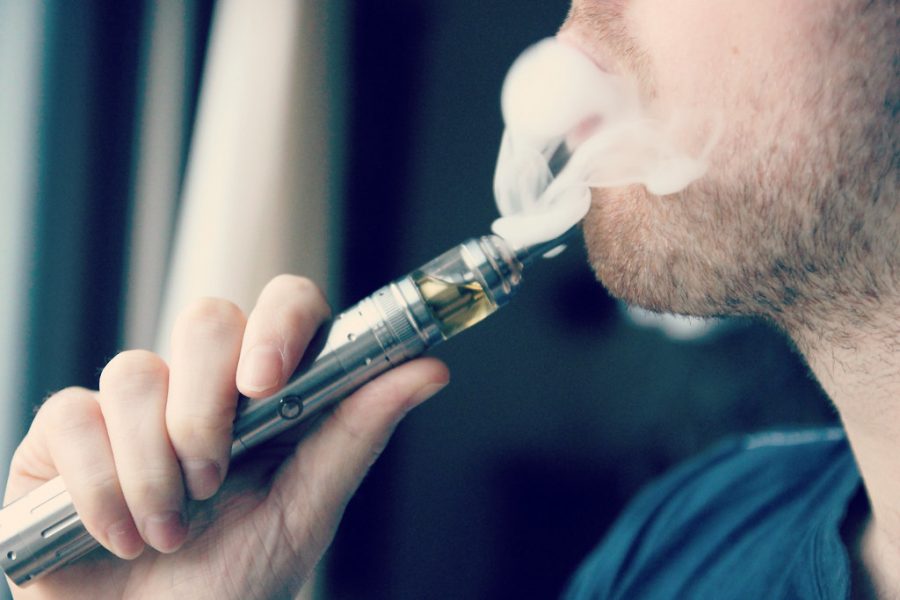Urban Students Who Vape at a Higher Risk of COVID-19
Teenagers and young adults are often thought to be less at risk of adverse reactions to COVID-19. However, the growing number of teenagers and young adults who vape has potentially put them at a higher risk of catching the coronavirus.
The Stanford University School of Medicine surveyed 4,351 teenagers and young adults ages 13-24 across all fifty states. The study found participants who had smoked cigarettes and vaped within the last 30 days were almost seven times more likely to test positive for COVID-19 than those who had not smoked or vaped. The results also indicated that those who had vaped in the past, including those who quit, were still five times as likely to contract the disease. Additionally, participants who had vaped were five times more likely to be symptomatic than their peers who had not.
This news could hit the Urban student body especially hard. According to a survey, conducted last spring, by Urban’s Health Initiative for Peer Education (HIPE), 48% of Urban students had vaped and 32% had smoked traditional cigarettes. This may mean a higher number of Urban students could be in danger of contracting COVID-19. As Urban prepares a plan to return to in-person learning, this increased risk is something that the administration may need to take into consideration.
While the precautions a school takes to re-open are dictated by the San Francisco Department of Public Health, Charlotte Worsley, Urban’s assistant head of school for student life, said that Urban is not taking specific precautions due to increased COVID-19 risk associated with vaping. However, she said “it is certainly something we take into account in our health teaching. I know that the HIPE students try to do a lot of work around trying to get information out and encourage people to stop.”
Some students who vape found the increased risk of contracting COVID-19 unalarming. “I guess [it’s] definitely in the back of my mind,” said one student who wished to stay anonymous for privacy purposes. While this student is afraid of the risk, they feel somewhat safe because they have been taking other precautions against COVID-19. However, for this individual, their increased fear of catching the coronavirus is not enough to make them quit vaping. “There hasn’t been evidence to me that it’s harmed my lungs, enough that I really need to quit,” they said.
For students who want to quit, HIPE offers a few ways to help. “[Last year] we had a quitting lunch,” said Jennifer Epstein, health teacher and faculty advisor for HIPE, referring to a meeting she had held to help students who wished to quit vaping. She added, “ if [people want to quit] I have quit kits that I have sent out to kids.”
A different student who chose to stay anonymous voiced worries about their own safety, saying, “I didn’t know it was that bad. Now I wish I had quit sooner.”


